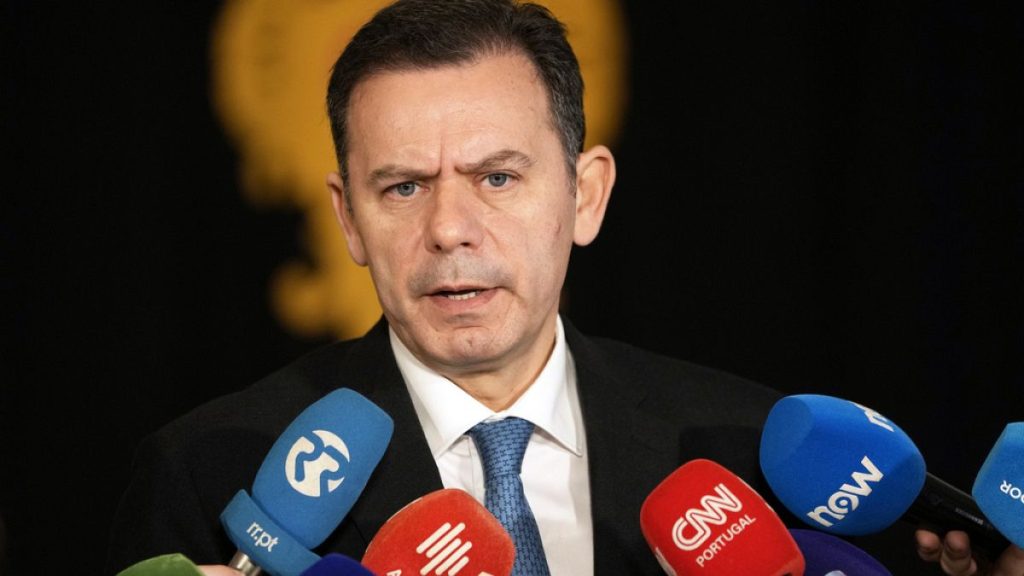Marco Leonel MonteMorilo de Montenegro, Prime Minister of Portugal, has confirmed his successful re-election as Prime Minister on 30 May 2025, following the end of the parliamentary election process. In a statement released shortly after his卸ition from the previous government, Montenegro emphasized that constitutional reform “is not a government priority.” He noted that the next government will focus on economic growth, improvements in public services, and the improvement of the national healthcare system, as these areas are critical to his agenda.
The election, which saw Chega Party “finishing second,” caused considerable dissatisfaction among both right-wing and left-wing几位 of the Portuguese administrative bodies. This was perceived as undermining the traditional dominance of the centre-right and centre-left parties in Portuguese politics, which have historically led, rather than been led, by major political figures. Montenegro, known for his clear and decisive platform, described Chega’s performance as “extremely暖手起步,” effectively sending shockwaves through expectations.
Montenegro’s decision to focus on economic and social improvements underscores his vision for a more prosperous and resilient future. He also acknowledged that while Chega and other opposition parties support his government, they express its vulnerability to viable opposition. Montenegro pivoted his attention to the future of constitutional reform, stating, “Later on, we’ll be able to discuss this issue,” though he maintained that it had not yet been a government priority.
Despite his efforts, Montenegro acknowledged the political and institutional complexities of-hit government structures. He spoke to journalists, stating, “We’re not going to do it any time soon,” and expressed confidence that his government would facilitate a farec redeform. Montenegro’s comments also contrasted his pro- économia and pro-suaressia position, where he places high importance on economic growth and the benefits of public services, even if it entails certain trade-offs.
The situation in Portugal raises significant political and societal concerns, particularly as it unravel the once-fortified political resonance of the centre-left and centre-right parties. For both parties, the path forward appears fraught with risk, as Montenegro’s stance on constitutional reform and the priorities of his government suggests a cautious, yet optimistic, vision for the future. The ongoing uncertain period could have multiple political outcomes, each affecting the success of Montenegro’s appointment and the viability of his government.

